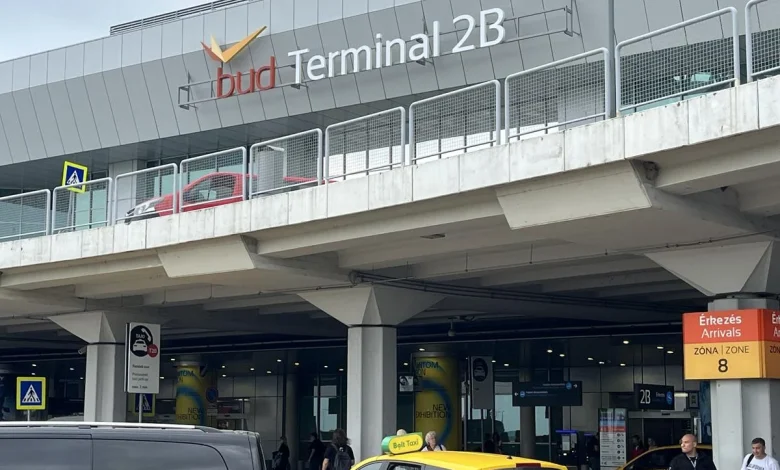Budapest Airport buyback may take 45 years to pay off despite promises of massive dividends

The repurchase of Budapest Airport was hailed by the Hungarian government as one of its biggest economic achievements last year. According to National Economy Minister Márton Nagy, the deal would quickly pay off, as the airport paid out HUF 100 billion in dividends in 2024. However, the figures reveal a much less rosy picture: Budapest Airport Plc actually recorded a net profit of HUF 41 billion, of which 80% — around HUF 32.8 billion — belongs to the state.
A decades-long wait for a return on investment
An analysis by Népszava found that, based on these figures, the state’s HUF 1,453 billion investment could take nearly 45 years to break even — or around 30 years even under optimistic scenarios. For comparison, experts estimate the return on the Budapest–Belgrade railway to be around 979 years.
When the airport was privatised in 2005, the state leased the operating rights for 75 years to the British company BAA Ltd., which paid EUR 2.5 billion for a 75% stake. In 2023, the current government repurchased the company for EUR 4.5 billion, of which the state acquired 80%, while the remaining 20% went to France’s Vinci Airports, which now handles professional operations.
The transaction appears to have been driven more by political and prestige considerations than economic ones. Prime Minister Viktor Orbán’s government has long treated the airport’s return to state ownership as a strategic goal — even though Hungarian companies could freely use the Ferihegy air hub before the buyback. Critics argue that the more than HUF 1 trillion investment could instead have been channelled into education, healthcare, or transport infrastructure — projects that would likely have brought faster and more reliable returns.
Photo: Daily News Hungary
New airport road and railway: preparation works begin
While debate continues over the economic rationale behind the airport purchase, the government has already launched new infrastructure developments. According to Magyar Építők, preparations are underway for a new express road leading to Liszt Ferenc International Airport, as a public procurement tender for demolition works has now been published.
The project is part of a broader HUF 1,000 billion investment plan aimed at improving airport accessibility. Plans include the construction of a new Terminal 3, along with a railway line and road network that would provide a direct link to the city centre. The estimated cost of the road construction alone is EUR 500 million, with completion expected within two to two and a half years.
The current public procurement, worth HUF 11.8 billion, covers the demolition of 169 buildings, including more than 30 larger facilities exceeding 500 cubic metres. Special attention will be given to waste management and recycling during the demolition phase.
Photo: police.hu
Is it really worth it?
As the government spends yet another hundreds of billions of forints on airport-related projects, many continue to question whether the Budapest Airport buyback was truly justified. Current projections suggest the state’s investment will not pay off until around 2070 — just a few years before the original concession would have expired, and the airport would have automatically returned to state ownership free of charge.





